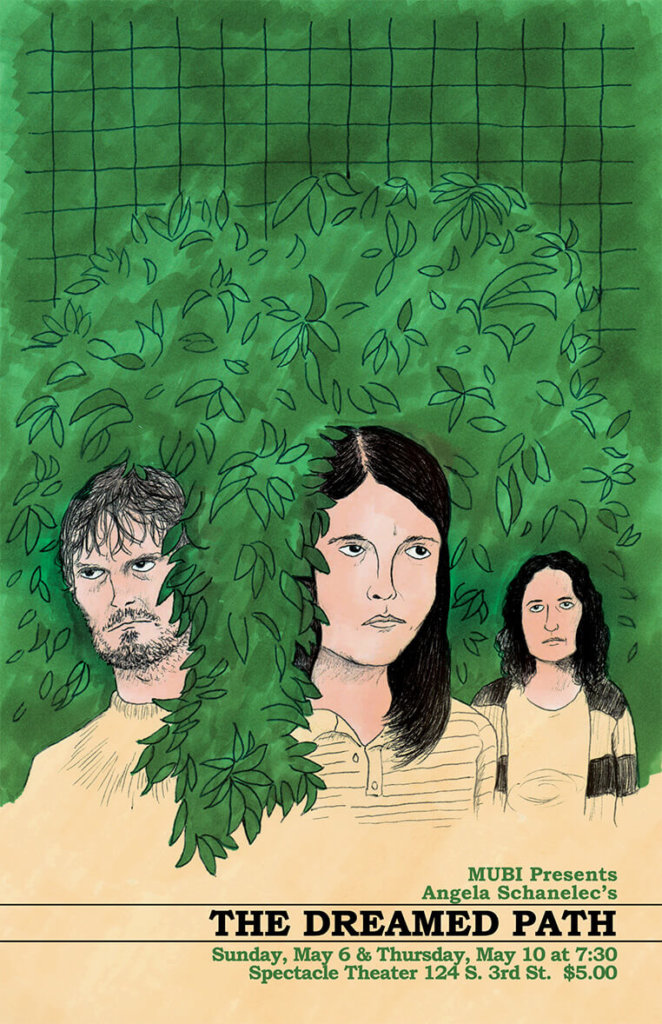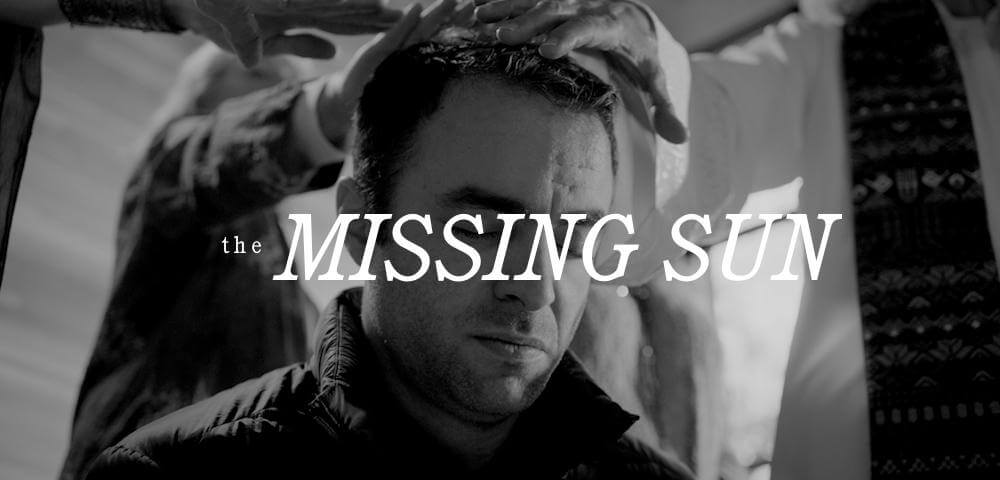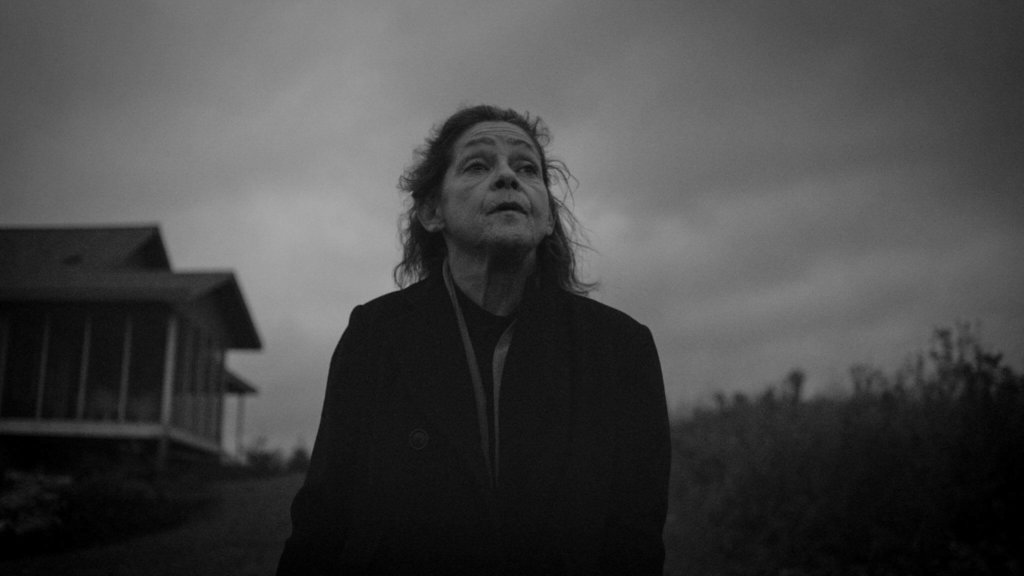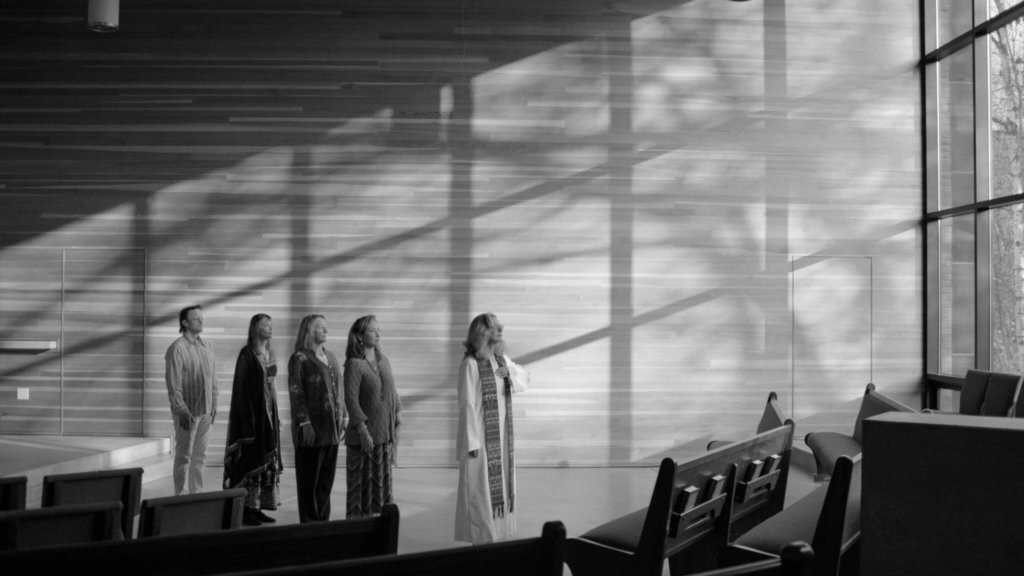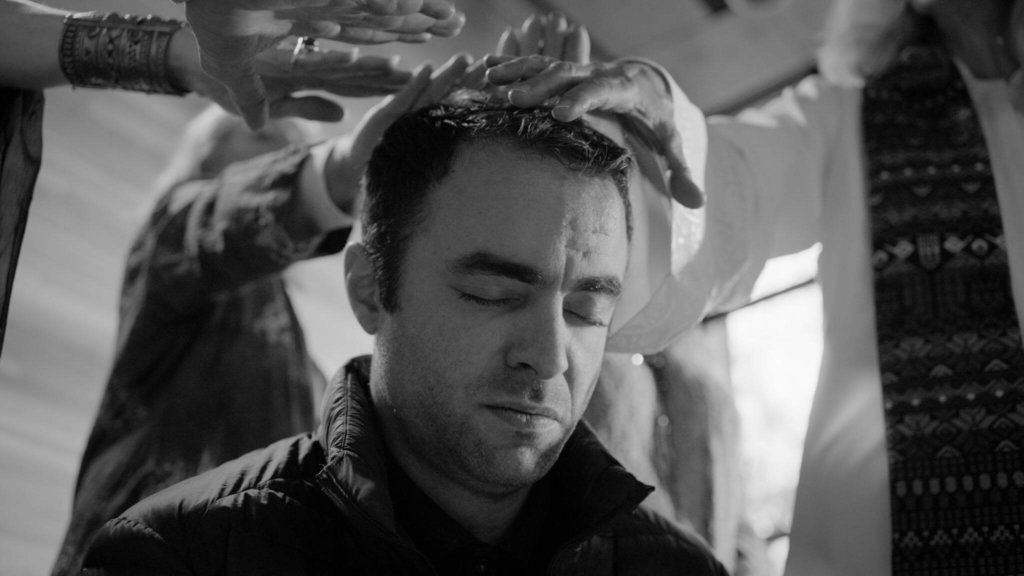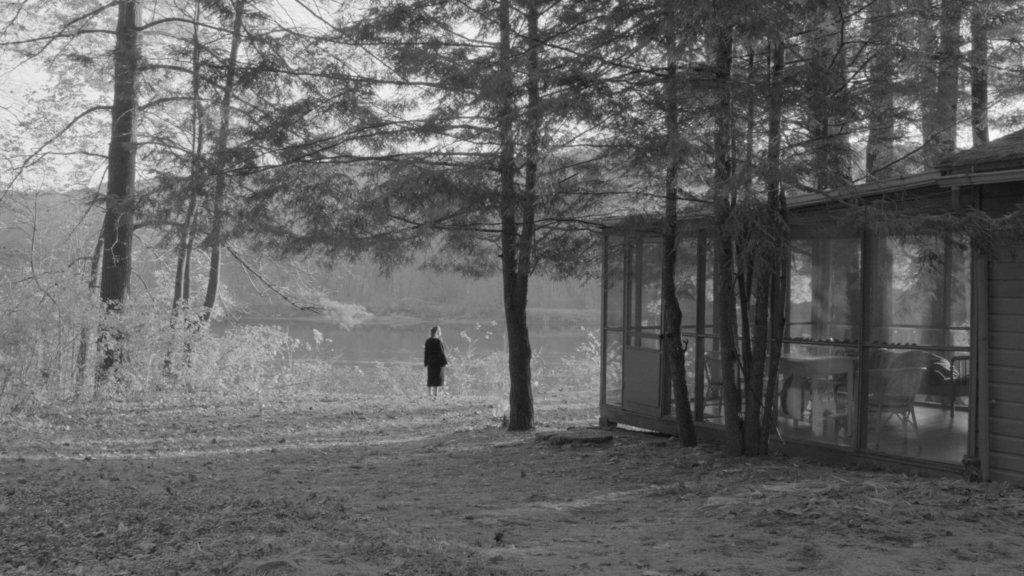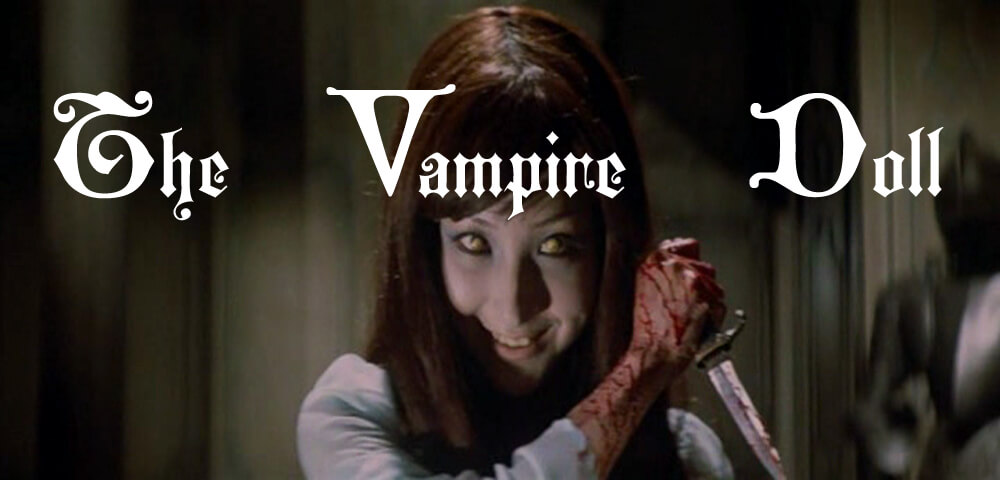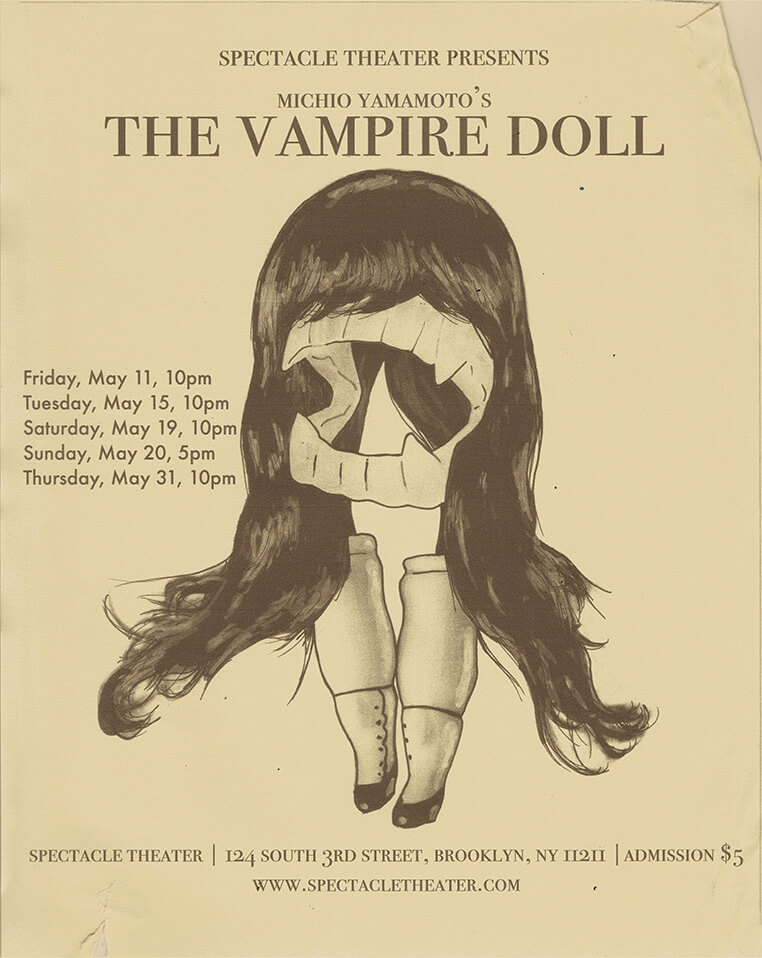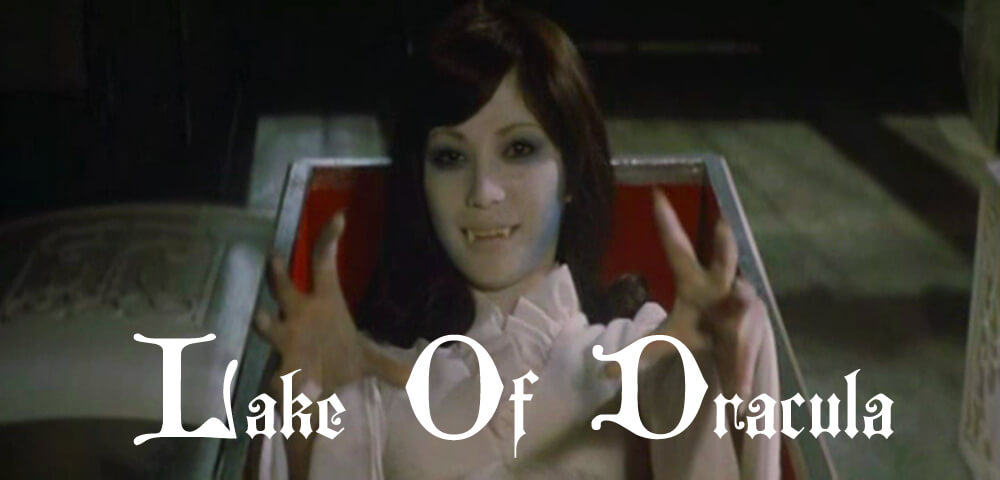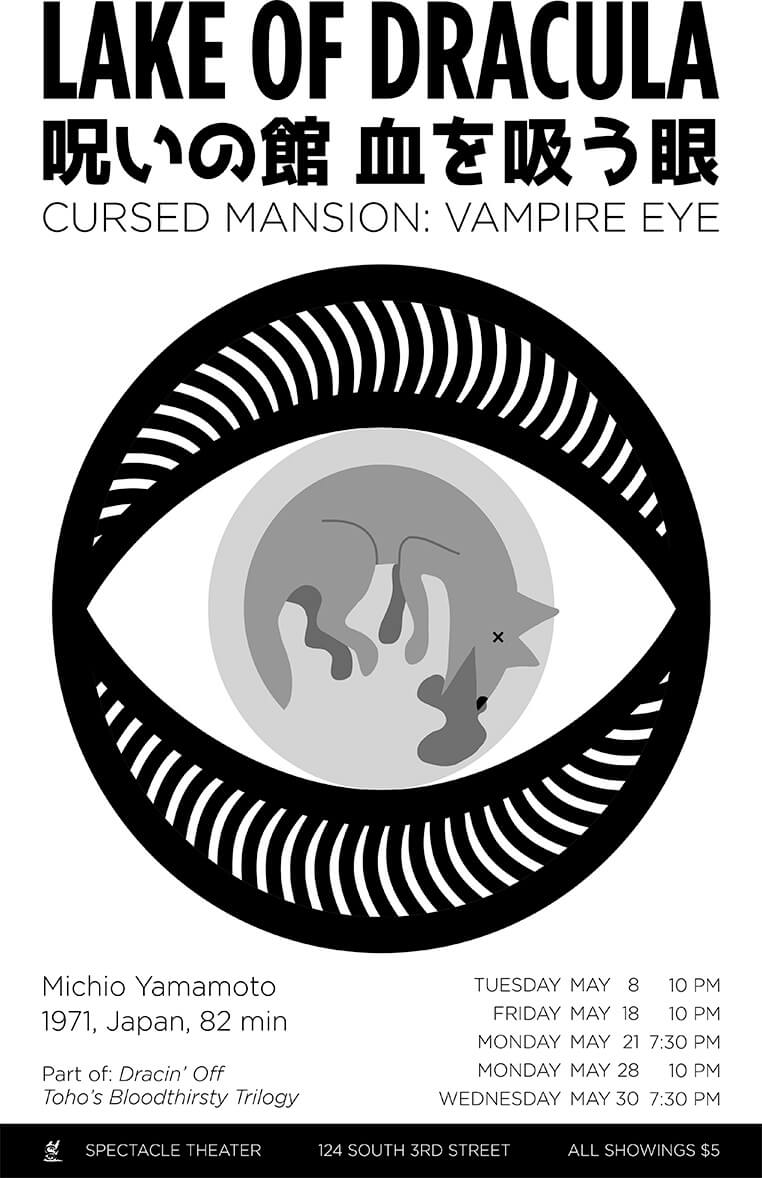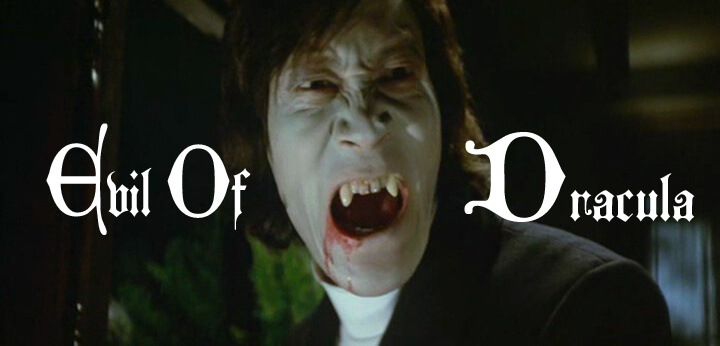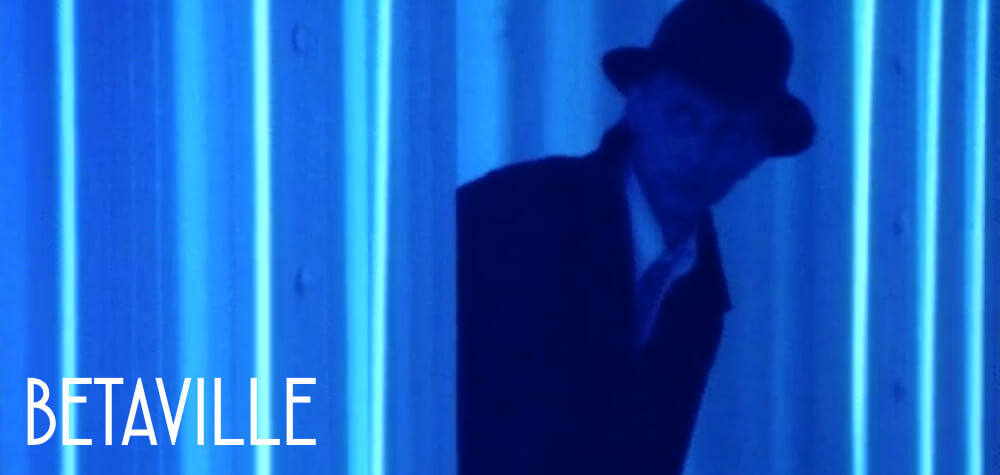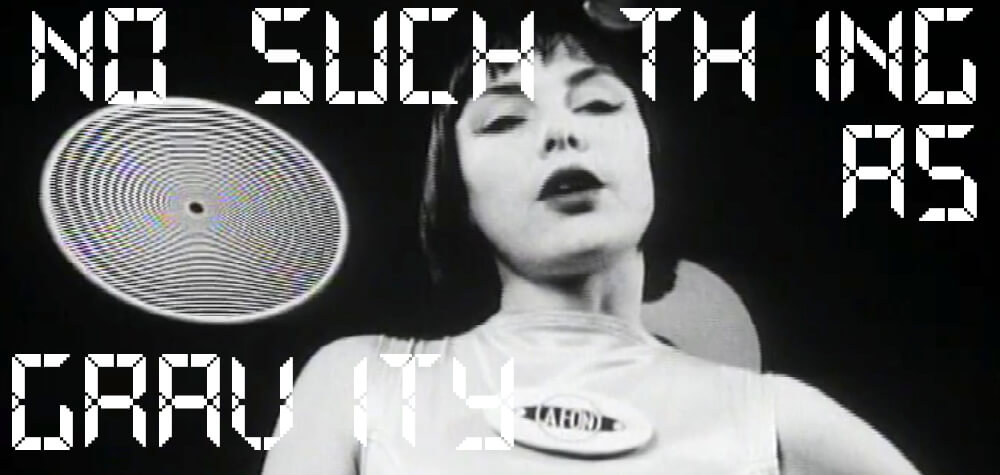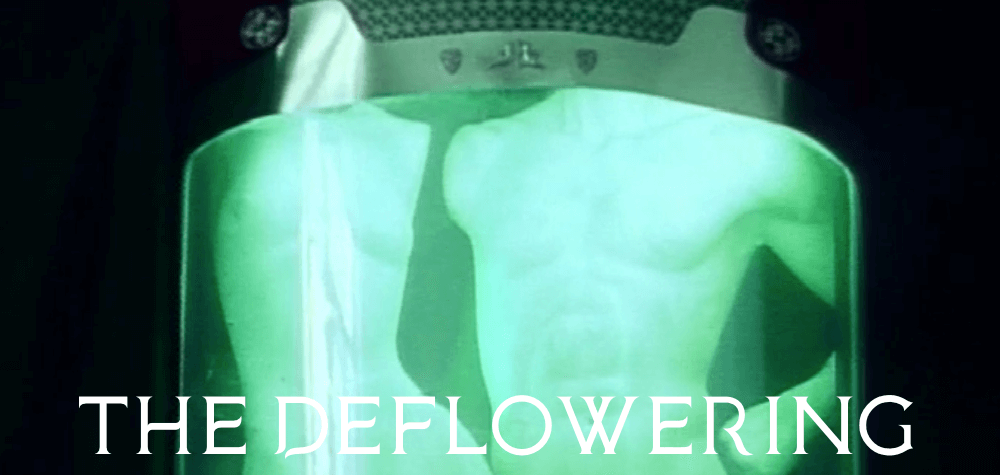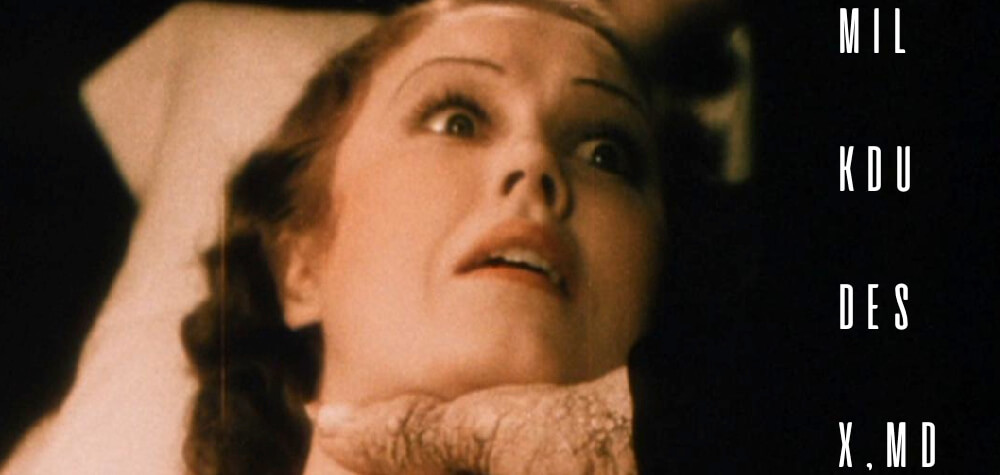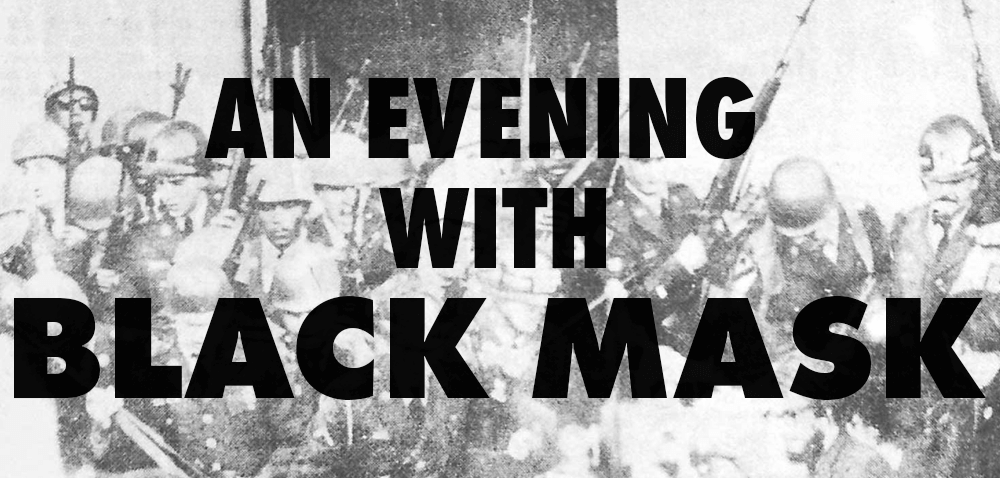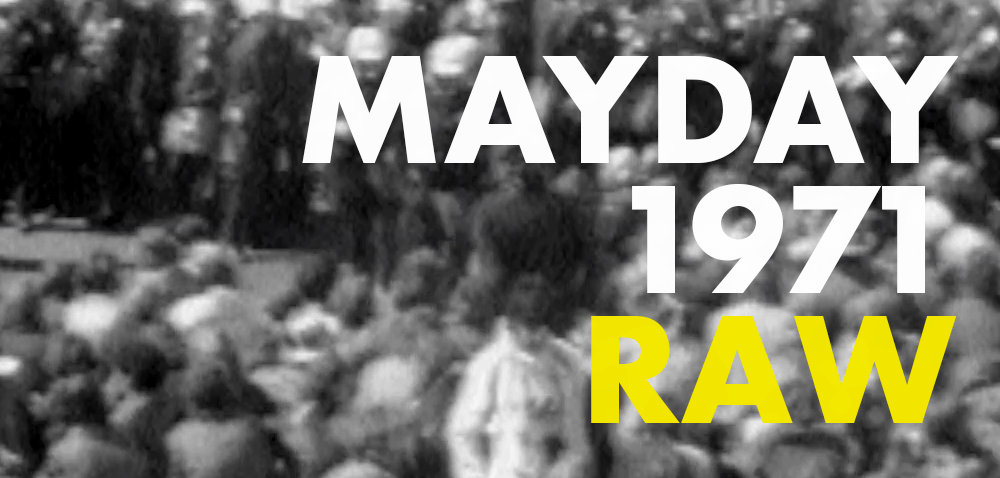Mondo Magneto: An uncertain eulogy for the Cassette Tape and the never-ending hunt for the media we want (in the form we want it in).
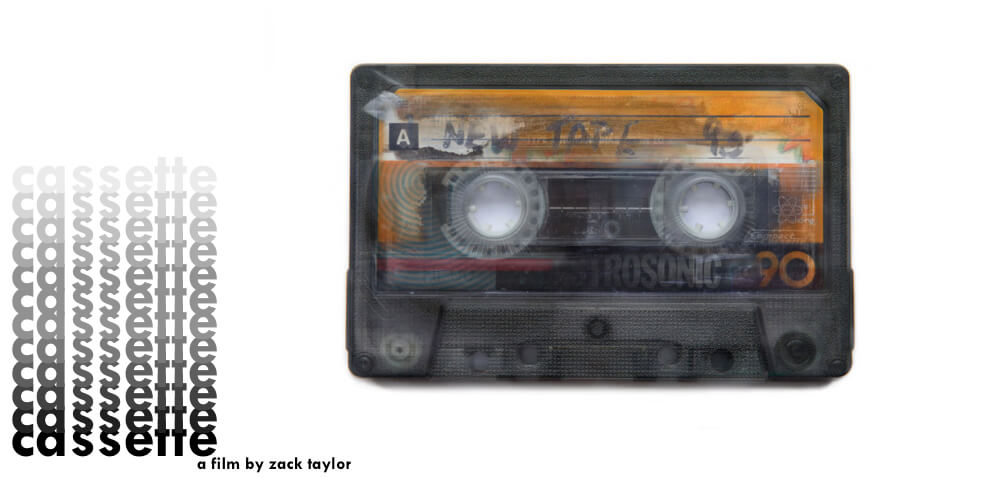
CASSETTE: A DOCUMENTARY MIXTAPE
dir Zack Taylor, 2017
90 min, USA
WEDNESDAY, MAY 2 – 7:30 PM
MONDAY, MAY 14 – 10 PM
SATURDAY, MAY 26 – 10 PM (Q and A WITH DIRECTOR!)
ONLINE TICKETS HERE
FB EVENT
“In 2011, I read that the term cassette tape was being removed from The Oxford English Dictionary. As a child of the ’80’s I was completely bummed out by this; it was as if one of my favorite rock stars had died.
I decided that someone ought to give the cassette a proper eulogy.It’s difficult to say goodbye to a format that a new generation picked up on, either out of irony, nostalgia, or sheer tangibility. But whatever the reason, audiotapes refused to be killed. Cassette is an investigation into this strange resurgence, led by the medium’s inventor, Lou Ottens.”
Director Zack Taylor is a commercial videographer living in New York City. He studied film at the Newport Film School in Wales. Cassette is his first feature film.Zack began making mixtapes for friends as a teenager. Cassette grew out of a nostalgia not only for the medium, but for the process of compiling music for other people.

SO WRONG THEY’RE RIGHT
dir. Russ Forster, 1995
92 min, USA
MONDAY, MAY 7 – 10 PM
THURSDAY, MAY 17 – 7:30 PM
SUNDAY, MAY 20 – 7:30 PM
FRIDAY, MAY 25 – 10:00 PM
ONLINE TICKETS HERE
SO WRONG THEY’RE RIGHT chronicles a 10,000 mile journey around the US in search of “trackers”—fanatical collectors of 8-Track tapes, those funky clunky pre-recorded plastic cartridges from the ’70s.
Russ Forster and Dan Sutherland capture over 20 interviews, brimming with reminiscences, rants, political diatribes, fantasies, fix-it tips, sales pitches, and everything else that defines the skeptical yet inquisitive mind of the 8-Track enthusiast.
More than a film about pop-music nostalgia, it serves as a statement of outrage from a population of consumers who are tired of being told what to consume.
“A deadpan tribute to people who refuse to consider the past as passed.” —Wired Magazine
“A forum to celebrate 8-track culture: the candy-colored Panasonic players, the KACHUNK sound of putting the tape into the player, hunting down a treasured copy of the Sex Pistols’ Never Mind the Bollocks…” —Boston Herald


